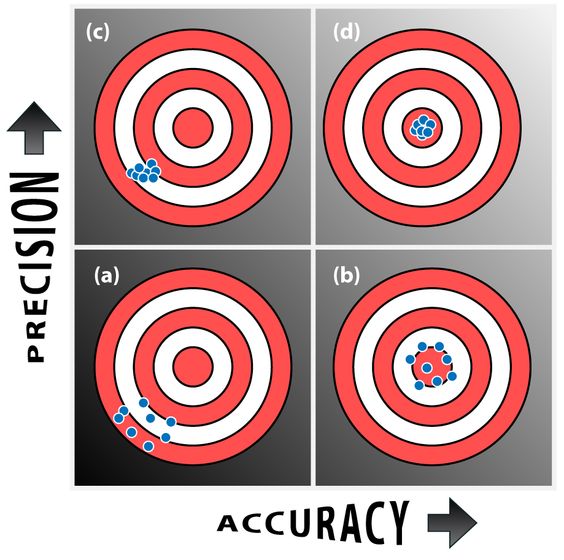Maybe you take people for idiots. But most of us see the problem with spending an extra 200 for an upgrade. And no reagent pricing info. Give us a break, they know exactly what that is going to be. If they really don't know the pricing of the reagent then this is nothing but a scam. I'm sick and tired of paying good money to Beta test someone elses product.
I agree with you about the beta testing and coralvue is known for selling products exactly like you described. Beta products
I really don't see how people deal with coral vue. The comments by coralvue in this thread shows how they are. I really think this thread has nothing to do with asking for pricing which I already think they know they will charge over a grand for the unit.



















